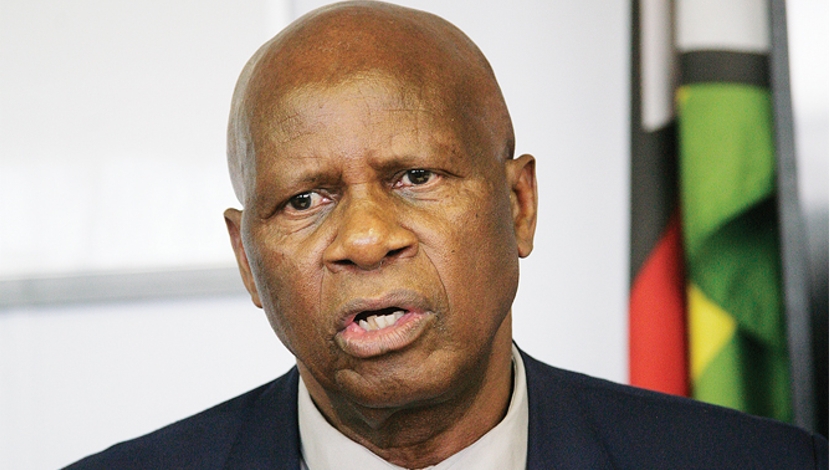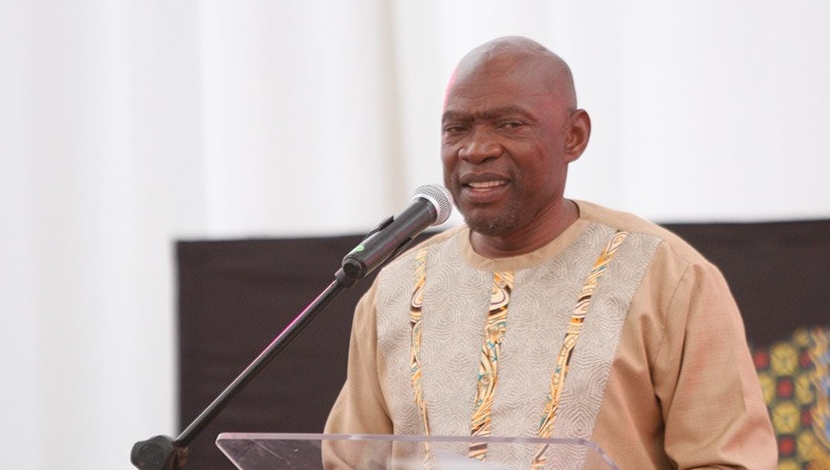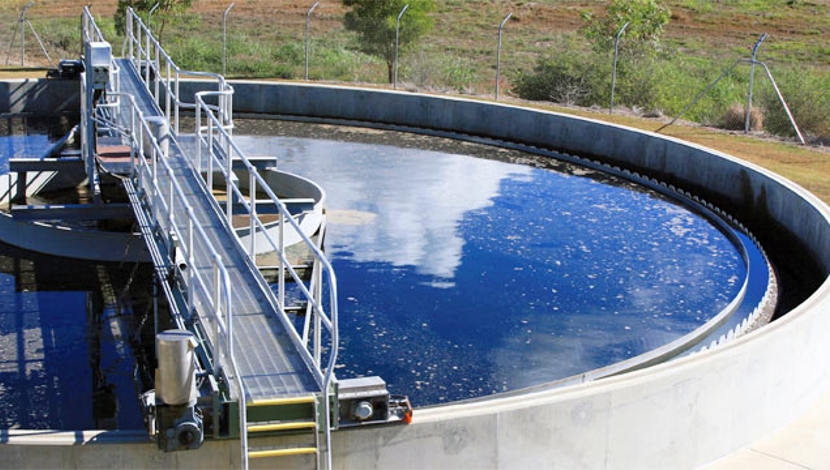

The Gauteng provincial government will spend R46-billion on infrastructure over the next three years, Premier David Makhura said on Thursday.
Delivering the keynote address at the Gauteng Infrastructure Funding Summit, he said the investment would contribute significantly to economic empowerment, radical economic transformation, improving the quality of life of citizens and enhancing the global competitive-ness of the Gauteng city region.
He said the Gauteng Infrastructure Master Plan estimates that R1.8-trillion is needed to meet the province’s infrastructure needs over the next 15 years.
“Government fiscus will never be enough . . . to meet the growing infrastructure needs of this province, which is why we are looking to the private sector and State-owned companies to help us reshape the spatial economy of Gauteng,” he said.
He said between 2013 and 2016, the Gauteng government spent R30-billion on infrastructure project developments.
The infrastructure spend contributed to the creation of 92 000 direct jobs, R15-billion went directly to household incomes and it also stimulated additional economic activity in the Gauteng economy worth R26-billion.
A further R6-billion was generated and went to government revenue while 92c was added to the Gauteng economy for every R1 spent on infrastructure.
“Gauteng has delivered 1.2-million houses since 1994; however, we have a stubborn and persistent backlog of about 600 000 houses, owing to the high rate of urbanisation.
“The province cannot address this backlog by delivering smaller numbers of houses. Mega-developments delivering larger numbers of houses are needed. Anything less than 10 000 units should not qualify as a mega human settlement project,” he said.
Makhura said it was imperative to promote densification and compact settlements for reasons of land scarcity and efficiency of infrastructure provision.
“We can no longer afford to build houses without the simultaneous planning for and delivery of educational, health, public transport and sporting facilities. Integrated planning and multisectoral delivery of comprehensive services is non-negotiable,” he asserted.
“Central to the shift towards the vision of mega human settlements is scale, densification, location, integration and social cohesion. Without these four dimensions we cannot talk of mega human settlements and post-Apartheid cities,” Makhura said.





